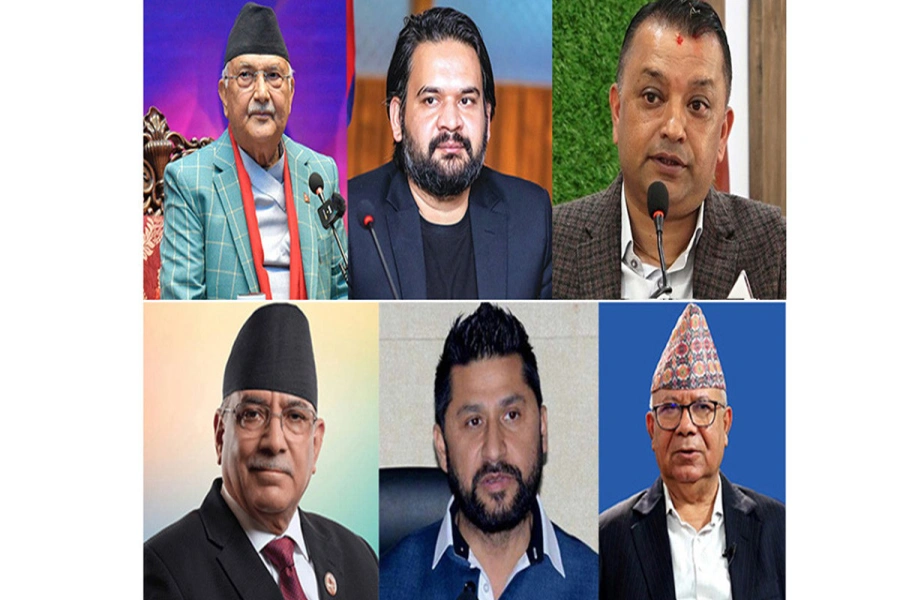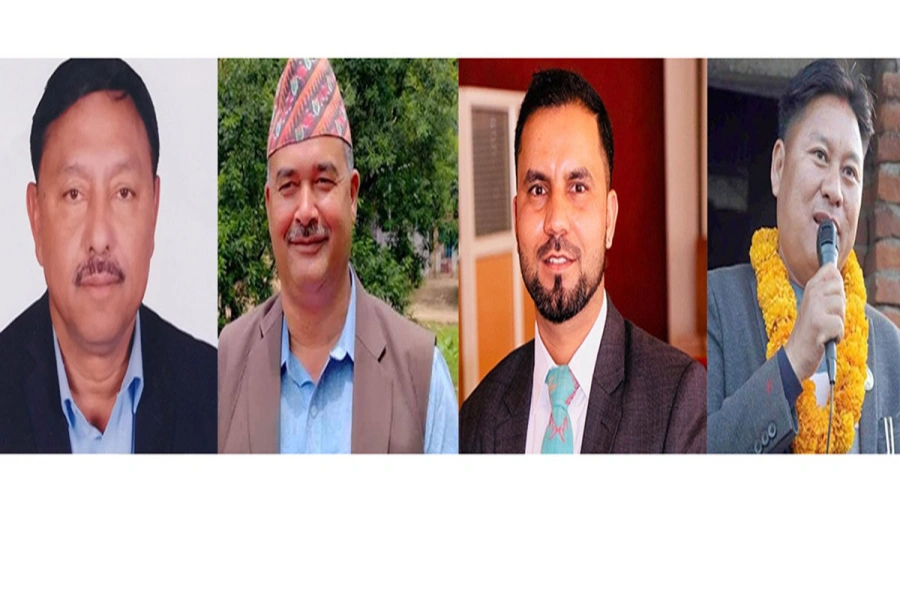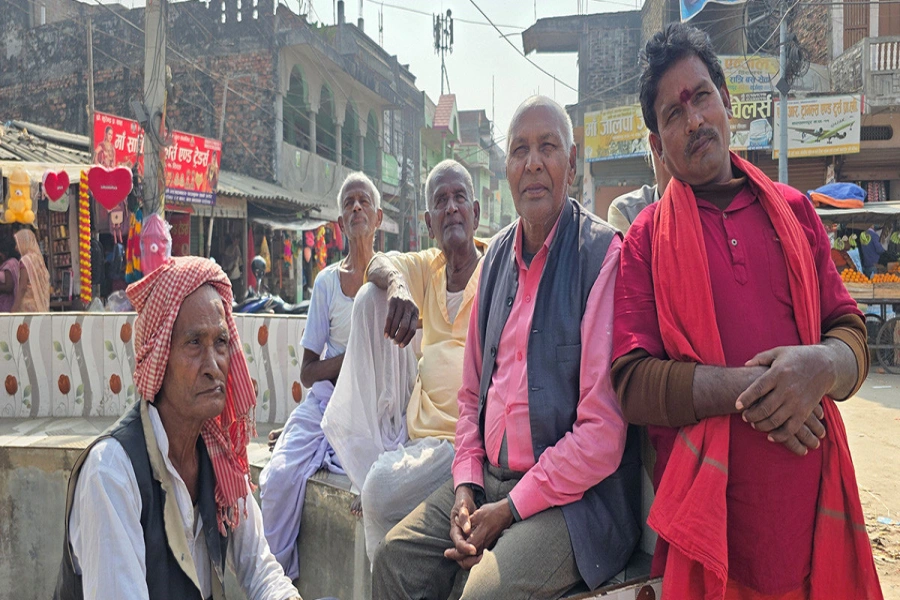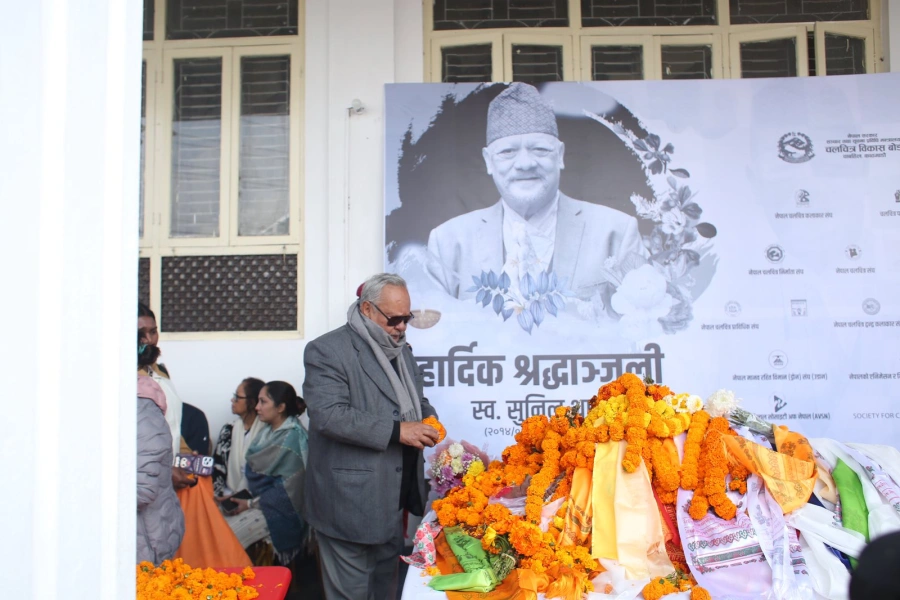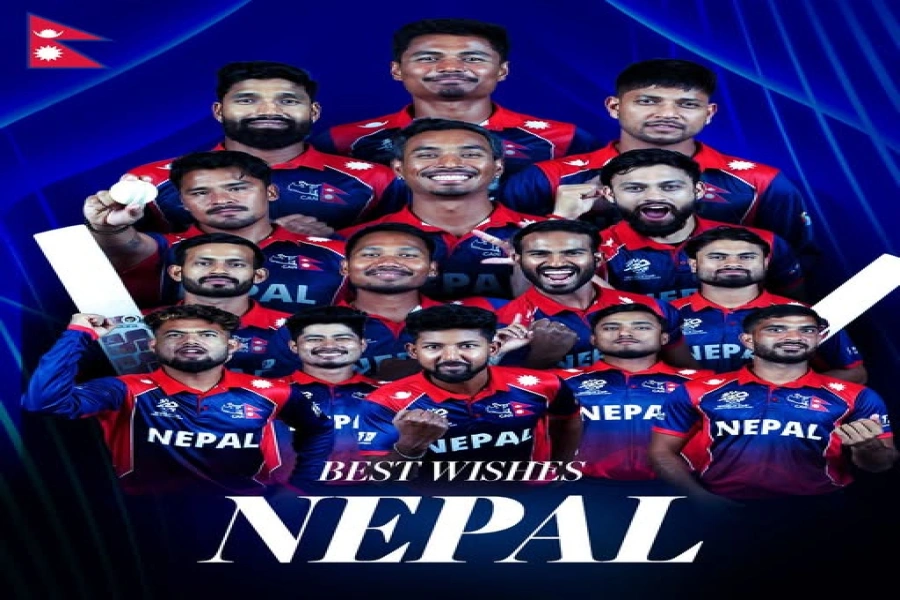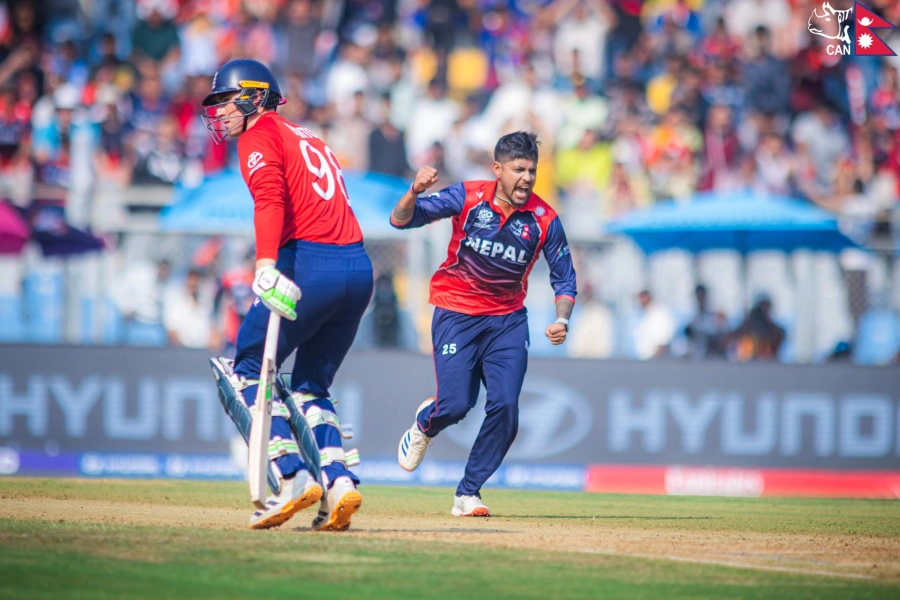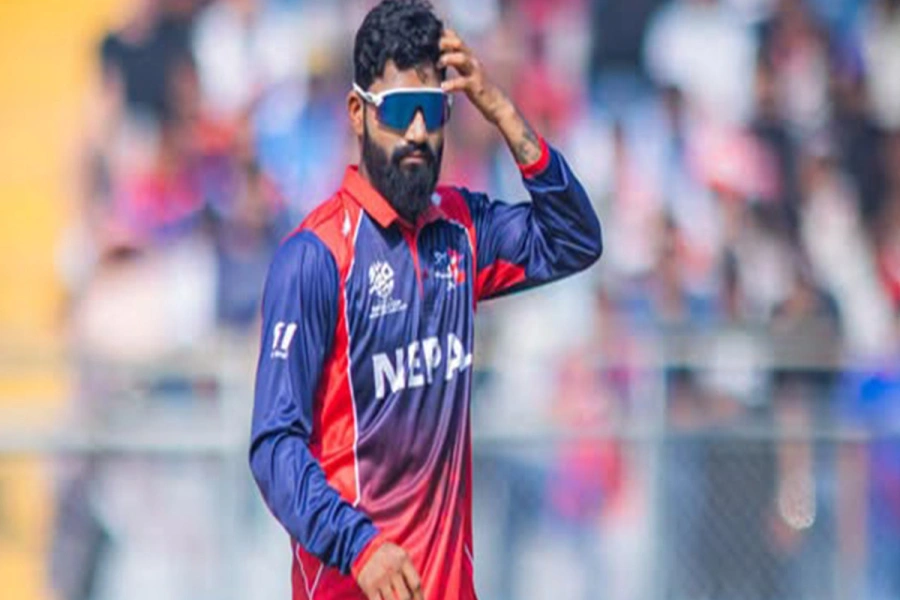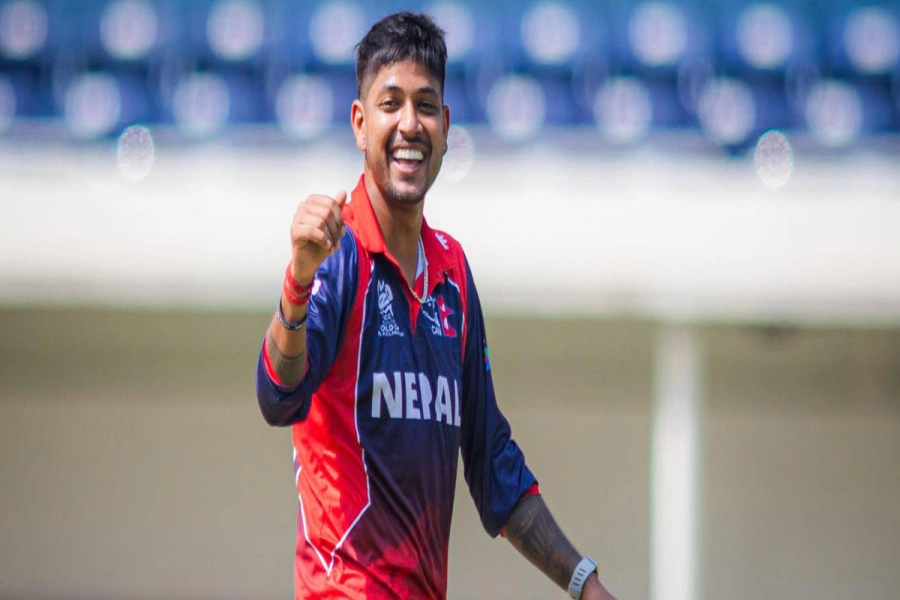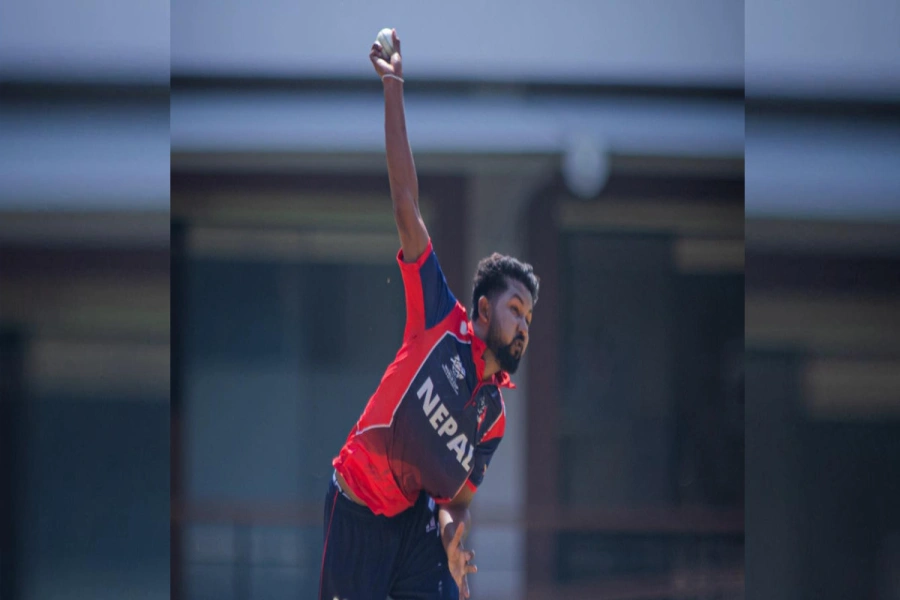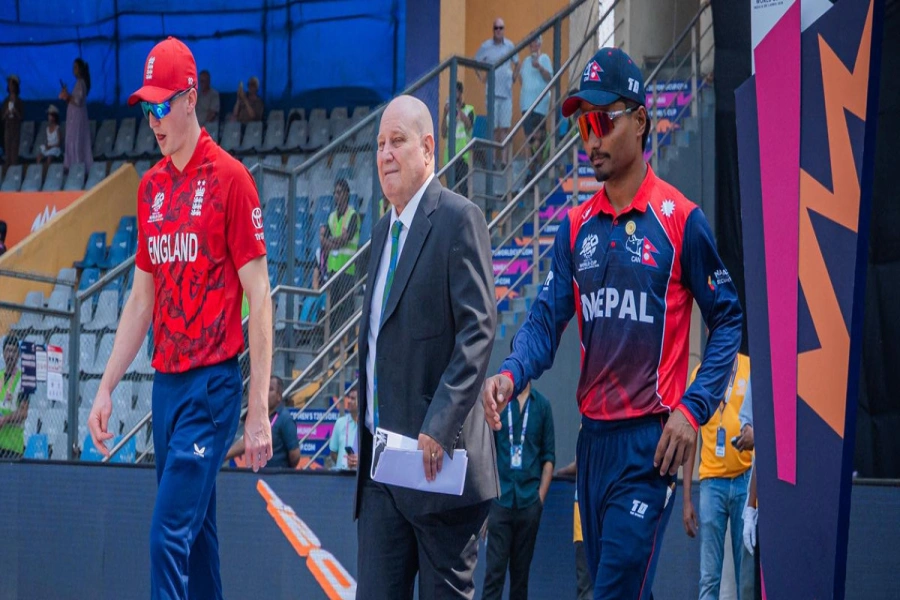How would Buddha Sayami greet Dada when they met in whichever world people pass once life on this planet is over?
In one of his usual offhand manners whenever philosophizing, ace journalist Kunda Dixit had once shared his insights about phases of adult life seen through the prism of rites of passage. It begins in right earnest with the pleasure of attending boisterous marriage parties when friends are getting hitched and the pain of realization that responsibilities of life can’t be postponed forever. Then invitations arrive to attend rice-feeding ceremonies.
Awareness that life may be passing one by suddenly dawns.
Children grow fast and within few years, there are coming-of-age ceremonies of sacred-thread or staged-marriages with wood-apple (Ehee or Bel Bibaha among Newars) at puberty. Nuptials of nephews and nieces imply that creases on one’s face are for real.
Sometimes later, necessity of hospital visits begins as elderly members of extended family or friends acquire various ailments. Then the inevitable happens: News arrives that one or the other senior one owed a visit ‘sometime soon’ is no more.
The degree of composure Kunda can maintain even during extremely agonizing situations is phenomenal. Many in his circle of friends have seen him calmly organize search parties and then rescue efforts when his brother Kanak had fallen from a cliff and gone missing while trekking alone in 2001 in the Annapurna region. However, even by his estimable standards of equanimity, Kunda had to endure rather more than his fair share of adversities over the past few years. Resentful agencies of the state have been hounding his family. Last winter, his mother Deviji breathed her last. Contrary to his carefree attitude, he had to bear the burden of responsibilities that comes from being the firstborn of a reputed family in the eye of a politically motivated storm.
Perhaps that’s the reason Kunda’s face flashed in my mind first when I heard Thursday the 29th morning that Kamal Mani Dixit (1929-1916)—Dada, with the honorific ji sometimes added to the endearing address, to all of his family and legions of his admirers—had passed into eternity. Deep grief is personal by definition. When pain is pronounced, recourse to first-personal singular frees one from stifling requirements of objectivity. It’s difficult to be impersonal with the memories of Dadaji even for an outsider like me.
If any person can be called an institution unto himself or herself, Dada was most definitely one. He aspired to be a scientist; trained to become a gemologist; became an archivist of Nepali publications of all kinds; edited a literary periodical; and remained an innovator in the art of crafting essays. In addition to being a talent spotter, a sponsor of potential achievers, a curator of archival documents, a teacher of Nepali poetry to school students, a publisher of repute, an entrepreneur with flair, an investor with a keen eye for the balance sheet, a techno-enthusiast, and a model of Khas-Arya upper-class propriety, he was so many other things to so many people that it’s almost impossible to list them all at one go. The only way I can think of paying tribute to him is a sincere lament: Dada, it’s extremely difficult to talk about you in the past tense.
Dear Letter, Where have you been?

Icon maker
I had seen Dada admirably from a distance since the People’s Movement of 1990 that had brought noted Nepali creators like him out on the streets in support of unfettered freedom of expression. The next encounter was rather unpleasant. Along with a bunch of chauvinistic nationalists, he had gone to the Supreme Court to have decisions of some local government units to use their national languages as mediums of official transaction annulled. Having been a campaigner of mother-tongue, his decision had hurt me personally. However, I must admit that I had admired his courage of conviction.
Prejudice of the State organs, bias of the media, favoritism of the academia, and partiality of the judiciary were definitely important factors in tilting the balance in favor of the status quo, but Dada and his associates had succeeded in doing things for the mother-tongue of the dominant community that the rest of us had collectively failed to achieve for ours.
Perhaps I was guilty of not being as committed to our cause as people like Dadaji.
When we began to meet somewhat more frequently in the late-1990s, he was not very enthusiastic about discussing issues of contestation. He had very little respect for a Nepali citizen that wrote in languages other than Nepali. It was only with the onset of noughties that he began to realize the importance of English. “Without it, the world of internet will remain closed,” he would admit to younger friends. Perhaps that was what prompted him to direct Madan Puraskar Pustakalaya to invest in the development of Devnagari Unicode, creation of LINUX-based Nepali programs and online indexing of archival resources. With admiration of English, he began to take pride in the work of his Chhori-Chora—an inversion of gender in the popular Nepali term for offspring—who mostly worked in the international language.
Dada would sometimes boast that all the three Chhori-Chhora of his would be in the league of top journalists of Nepal within a decade. His belief has come true, though not exactly the way he would have preferred. Rupa, a personal friend married to another friend Kiran, chose the career of a corporate communication executive with a not-for-profit multinational corporation of the United Nations System. The field is not exactly journalism, but Rupa sits at the top of the heap in her chosen field.
After hitting the ceiling of Kathmandu-based Southasian journalism, Kanak strayed into the activism of cultural nationalism. But his reputation of having written some of the most sensitive books for children will probably remain even when his commendable contributions to various other worthy causes—the film festivals, the talk-fests, the peace-mongering, a torrent of controversial columns in prestigious publications, establishment of a spinal injury rehabilitation center and improvement of public transport in Kathmandu Valley—are all forgotten. Kanak remains a man of letters notwithstanding his all other pretentions.
Kunda has maintained an unwavering commitment to journalism despite much more powerful allures. He could have chosen to be a scientist for which he was educated at one of the best institutions of Europe. A career in INGO-industry did engage him for a while, but there too all he did was mentor journalists. He has written books about journalism, taught journalism courses, nurtured budding journalists, edited a pioneering newspaper in the age of the internet, and continues to write a blog that never fails to offer a fresh perspective on enduring issues of national and global concern.
Dada must have breathed his last in full satisfaction that the family tradition of over four generations of maintaining a life of letters continues, though with a tinge of sadness that English has almost replaced Nepali as the preferred medium of expression. In future, Milan and Shanta of Rato Bangla School are likely to find that it’s extremely difficult, if not impossible, to find a teacher that can explain nuances of Chhandobaddha—strophic is the closest possible term for the style—Nepali poems to a bunch of students that learn almost everything else in English.
Dada’s lifelong obsession, however, was building cultural icons of Nepali language. He did so by conferring Madan and Jagdambashri Awards upon people he considered worthy of these prizes. Having served as a member of the jury once, I know that most criticism of the process of selection of awardees, including charges of opacity and favoritism, was perhaps true. Dada took his role of being paterfamilias of Nepali literature rather too seriously. Fortunately, the process was rectified in his lifetime.
The iconoclast
Another thought that struck me when I heard of Dada’s departure was how Buddha Sayami (1944-2016), who had left just a few days ago, would greet him when they met in whichever world people pass once the life on this planet is over. Buddha was a campaigner of mother-tongue, wrote fiery poems in Nepal Bhasha, and never wavered from his conviction that multiplicity of identities was the hard reality of the political entity called Nepal. In his pursuits, he became even a member of the only Constituent Assembly in the history of the country. The so-called CA II has always been a parliament in form and function that promulgated a controversial constitution through party whips.
Buddha considered himself a writer of poems rather than a poet, which is perhaps true as he was a rebel rather than a romantic. Of poets, Chhayavadi Hindi Kavi Sumitranandan Pant (1900-1977) writes “Bereaved must have been the first poet, the song born out of desolation, / inadvertently a poem must have flowed, with tears of excruciation.” The versifier Buddha asks instead, in the translation of Manjushree Thapa, “Father Let me tear apart not you / but the seal of your culture and thinking / This is where I lie captive.” The writer of poems is finally free.
Homage, heroes; despite your disagreements, you enriched our lives.







